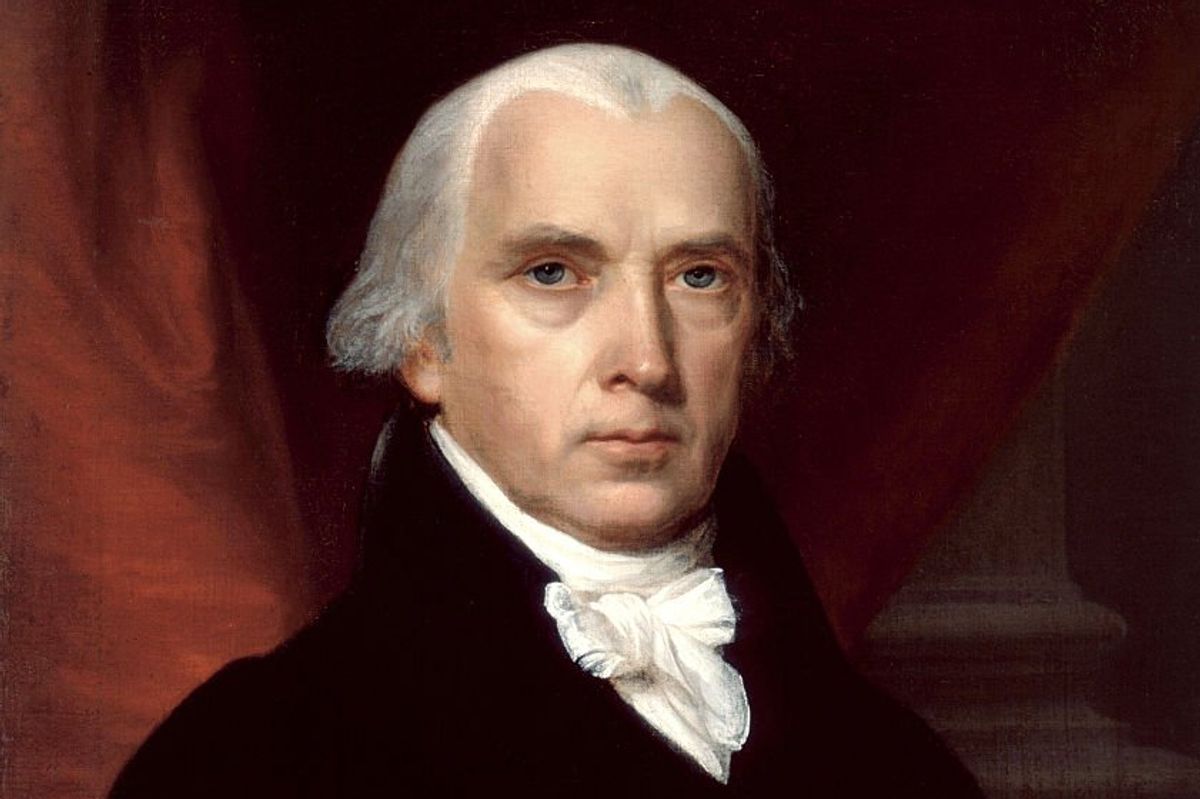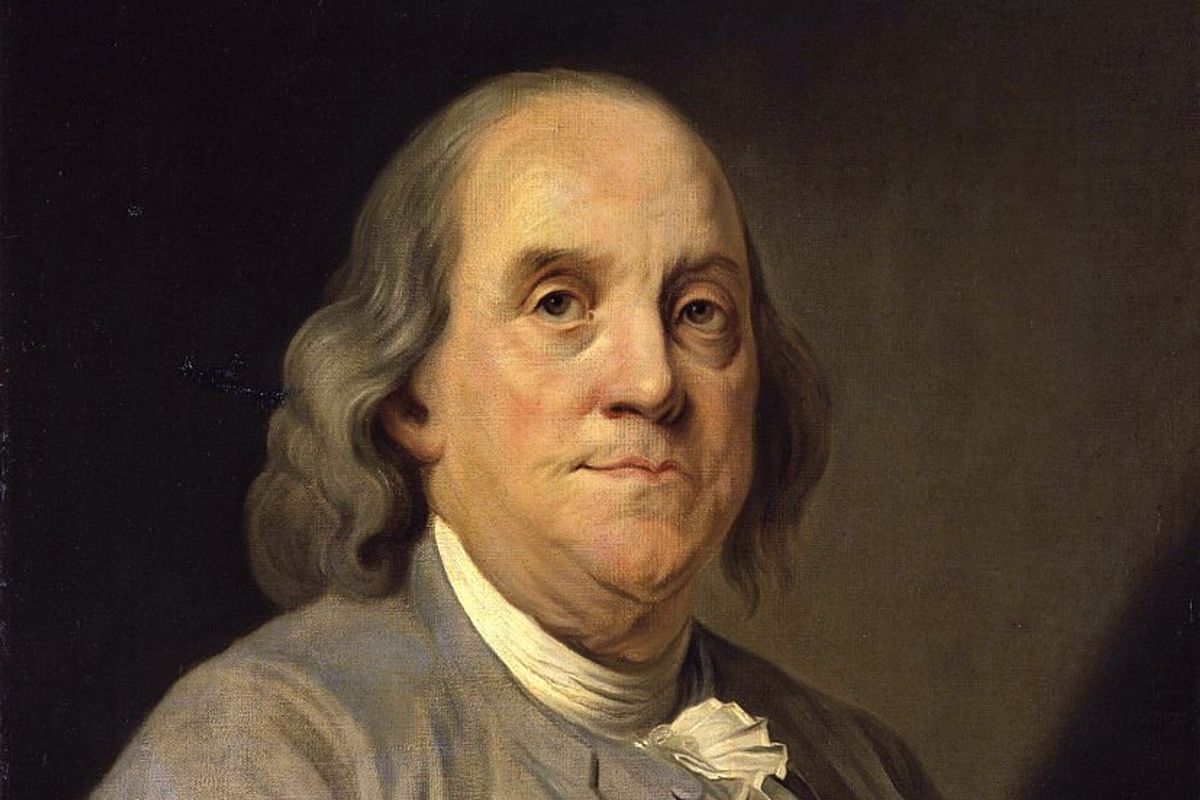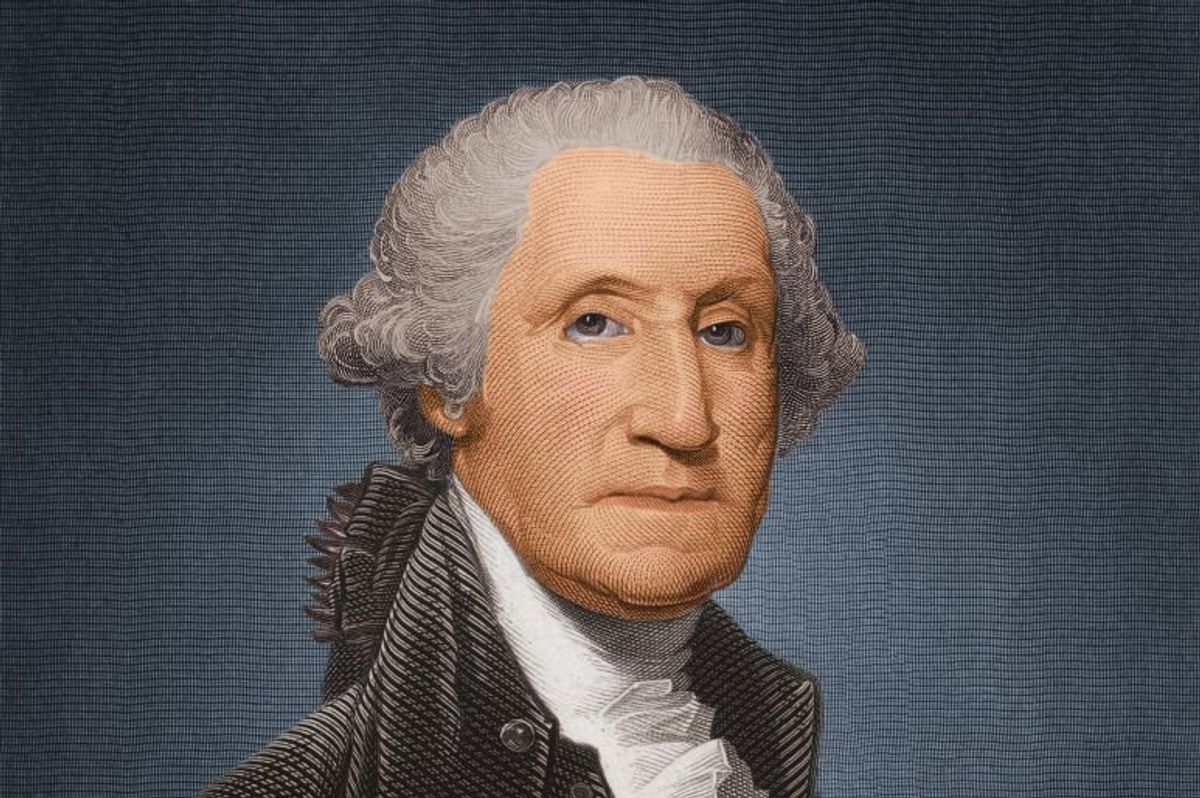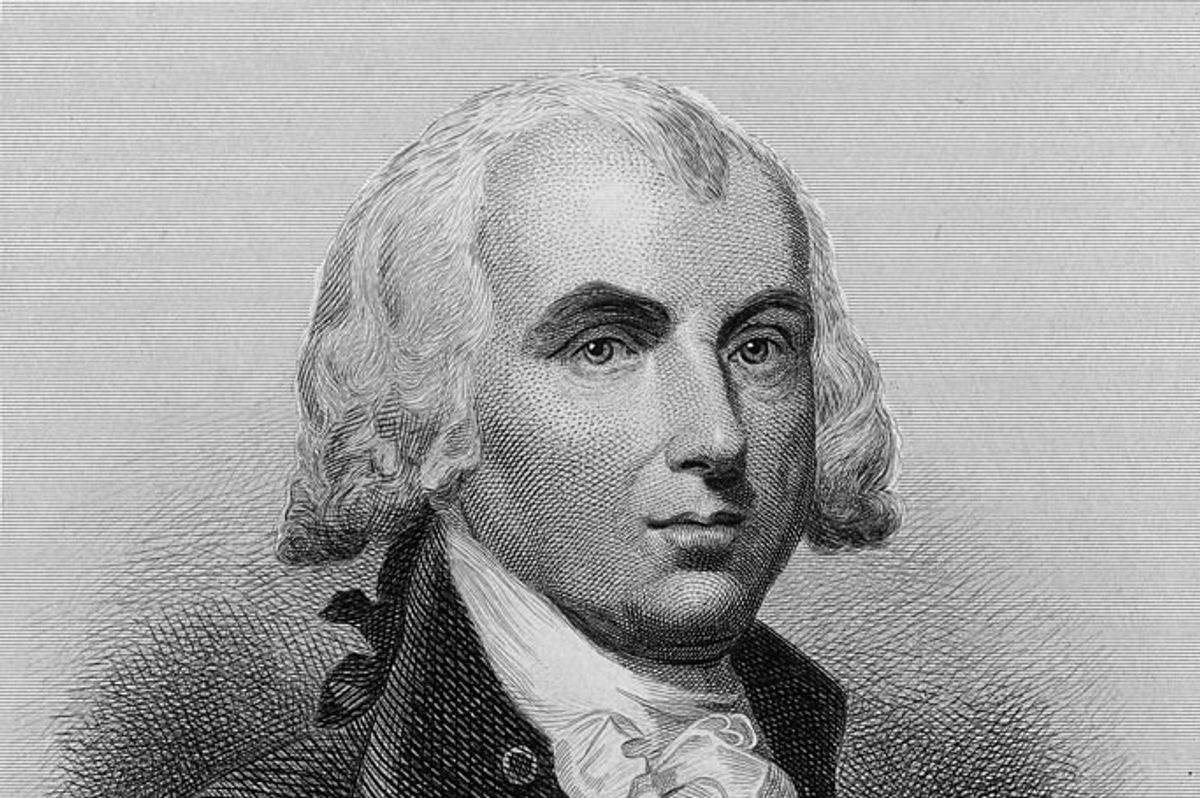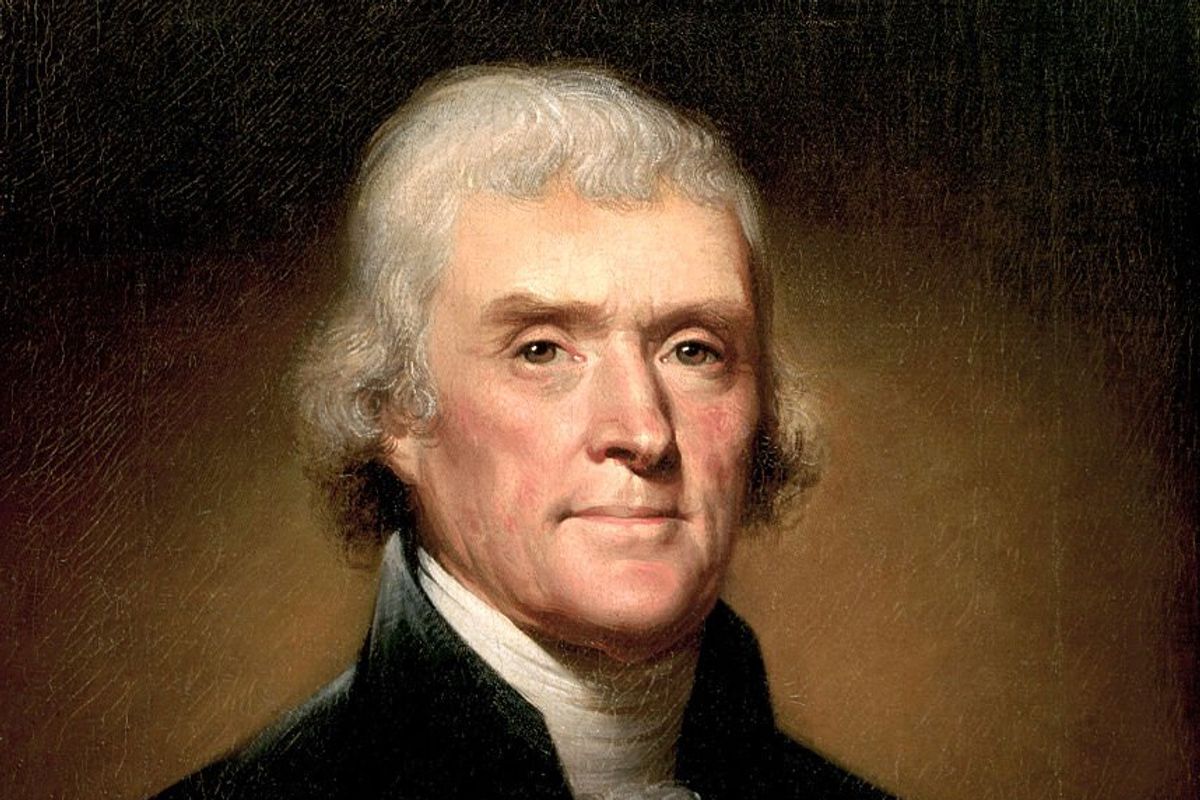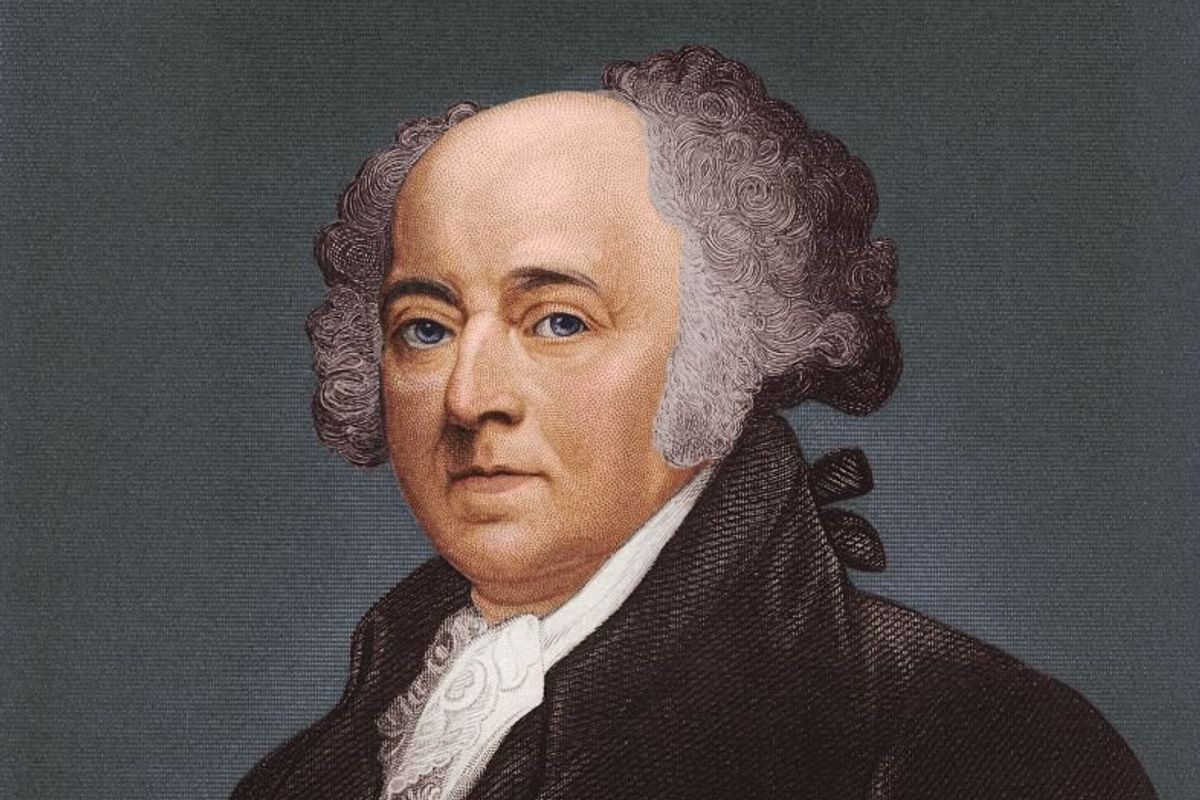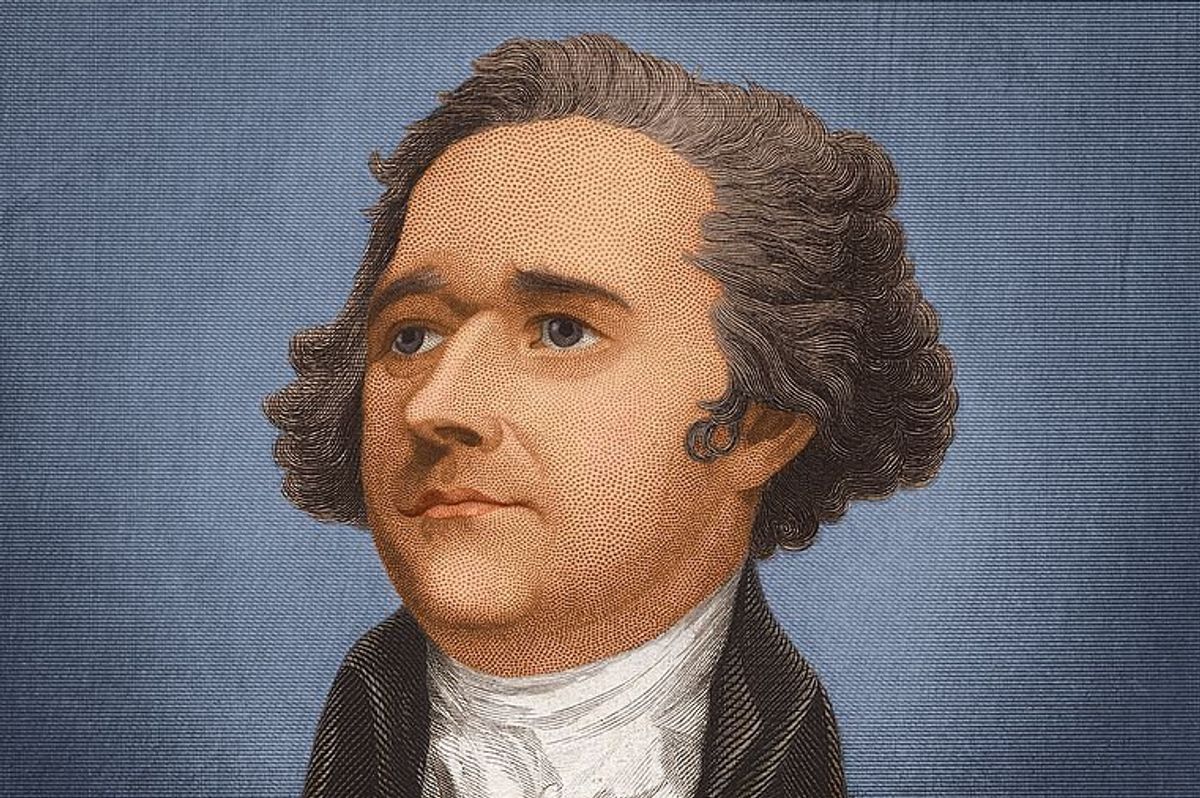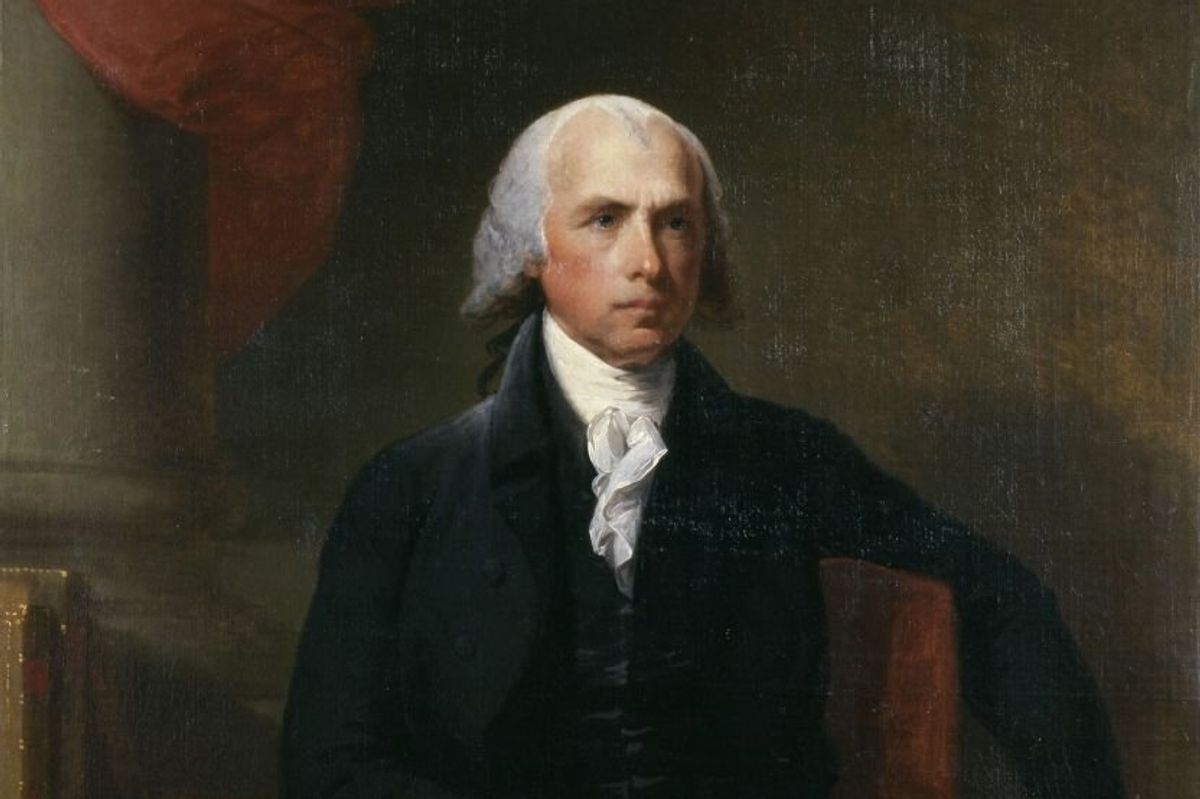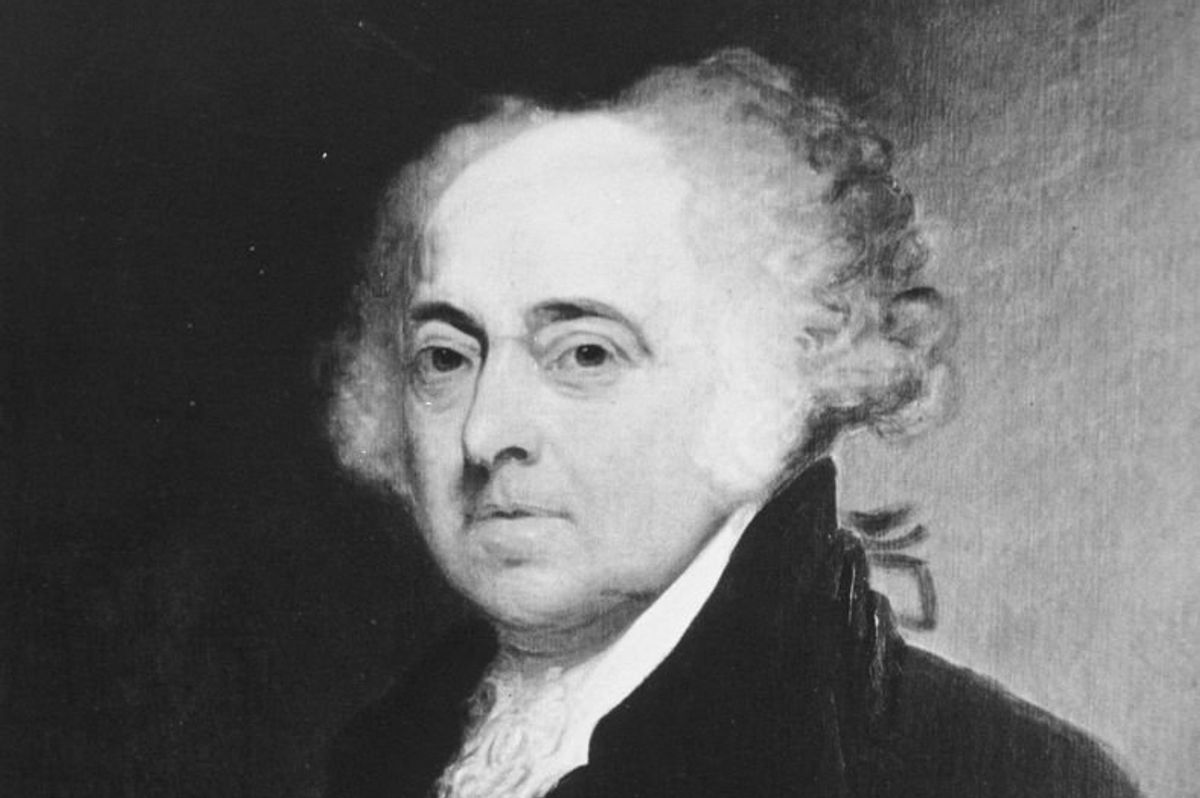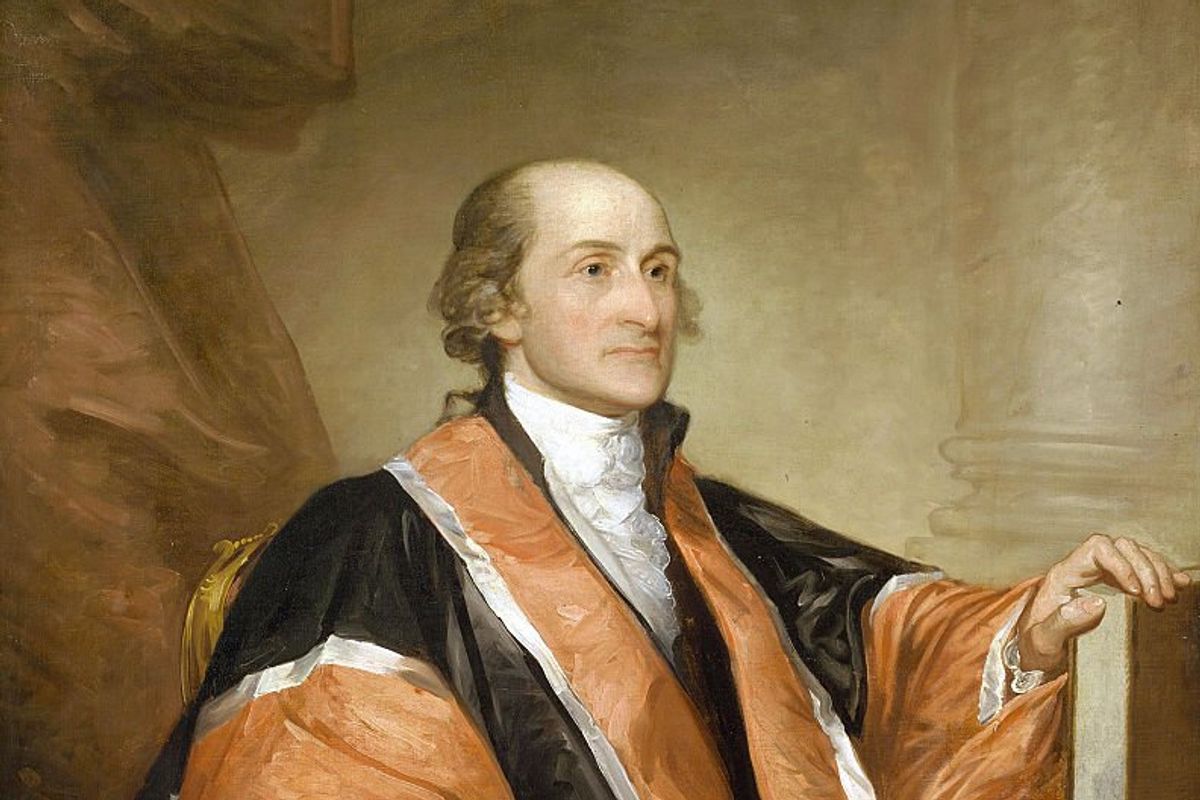This week, we published a list of the top 14 states FIGHTING against ESG. Now, we are giving you the top 15 ESG-friendly states who are using YOUR taxpayer money to invest in leftist corporations.
Glenn has long warned of the dangers of ESG on American industry, and this list proves the risk. Already, multiple states on this list have divested their funds from gun manufacturers because they don't comply with their leftist agenda. Moreover, the businesses in these states who don't want to integrate left-leaning environmental, gender, and diversity standards into their business won't have any hope of investment from their government.
However, several of the states are considering ESG legislation RIGHT NOW, so there is still time to act. Glenn encouraged his audience to send THIS Utah bill to their governor's desk to protect reliable American industry. If your state is still deliberating integrating ESG standards into their investment strategy, ACT NOW. If they have already integrated ESG practices, you still have the power to fight back. Find out if YOUR state is considering ESG or already adopted ESG investment below.
Oregon

The Oregon state treasury announced that as a "fiduciary," it will engage ESG monitoring as a factor in its investment strategy:
Acting as a fiduciary, Treasury monitors and manages risks as a prudent global investor, engages as a responsible shareholder, and advocates for investor-friendly practices and regulations, such as improved identification and disclosure of Environmental, Social and Governance (ESG) risks.
In summary, that means if you are an Oregon resident, the state is using YOUR taxpayer dollars to fund liberal environmental and social agendas.
Connecticut

Connecticut's treasurer, Erick Russell, published the state's "Investment Policy for the Connecticut Retirement Plans and Trust Funds" (CRPTF). The plan integrates ESG monitoring as an core value in the state's investment strategy for retirement plans:
The CRPTF supports the integration of environmental, social, and governance (ESG) factors in the investment decision making process, given that such factors can impact both risk and return over the long term. In most cases, the CRPTF will vote FOR shareholder resolutions that request companies to disclose non-proprietary information related to ESG issues.
If you are a Connecticut resident, how do you feel about YOUR government using retirement funds and taxpayer dollars to fund woke ESG causes?
Maryland

Like Connecticut, Maryland's "State Retirement and Pension System" uses ESG as a core investment value for their states' pension and retirement plans. In fact they have an entire ESG committee dedicated to the task.
You can read the 2022 ESG report for yourself HERE.
Maine

Maine's government also has a special branch dedicated to ESG considerations in YOUR retirement plans. The Maine PERS (Public Employee Retirement System) states:
The primary duty of MainePERS is to serve as good fiduciaries to our members. This requires considering sustainability as a vital component of successful long-term investing. We have compiled this Environmental, Social and Governance Report to outline how these factors impact our investment decisions.
Investment's main purpose should be securing the biggest return on investment--that is what investment should be about... right? At least you would hope so if someone else is managing YOUR money. Yet, this consideration takes a back seat if it comes into conflict with the state's liberal ESG standards.
California

It comes at no surprise that California is one of the original leaders in pro-ESG policy. In 2022, California's Senate passed the first bill in the U.S. requiring all companies statewide generating more than $1 billion in revenue to disclose their greenhouse gas (GHG) emissions. The bill's author, state Senator Wiener, said:
Corporate transparency and accountability are critically important when it comes to addressing our climate crisis. Corporate emissions are a huge contributor to climate change, but frankly, we don’t yet know the scope of the problem. That’s why we need to act quickly and decisively to ensure corporations are reporting their emissions. This is a landmark bill, and today’s vote is a big step forward for California’s fight against climate change.
This bill has been incorporated into a three-bill package being considered by the California state legislature RIGHT NOW. The addition of the other two bills will give California's government the power to use YOUR retirement funds to invest in ESG-friendly businesses, like Connecticut, Maryland, and Maine.
New Jersey

New Jersey's State Investment Council announced that it would be integrating ESG into its investment practices in 2018. The Council stated:
The policy recognizes that material ESG factors are an important component of a comprehensive investment management strategy, and an analysis of these factors should be applied by the Division in connection with the investment and evaluation of the Pension Fund's assets.
If you have a state pension fund in New Jersey, then your money is being used to fund left-leaning corporations.
New York

New York's state retirement fund published a report stating:
ESG factors are a key component of the Fund’s analysis of both short- and long-term financial risks and opportunities.
That means your taxpayer dollars are funding ESG practices. New York also divested its pension funds from gun manufacturers. Unless you are a liberal-leaning business that complies with the Left's woke environmental and social standards, you will not get public investment from your state's retirement fund.
New Mexico

New Mexico's State Investment Council, which is a part of the State Investment Office, adopted ESG standards in their investment practices in 2021. Among their ESG considerations for investment include: resource conservation, climate change, sustainability, gender diversity, equity & inclusion, and others. In other words, unless your business in New Mexico complies with these leftist standards, you won't get any investment from your government. Moreover, if you are paying into New Mexico's pension program, you are FUNDING these leftist businesses.
Massachusetts

Massachusetts' Pension Reserves Investment Management Board (PRIMB) unanimously voted to recommend to the full board that pension fund managers vote against companies that:
Failed to align their business plans with the goals of limiting global warming to 1.5 degrees Celsius, as set forth in the Paris Climate Agreement, and/or that have failed to establish a plan to achieve net zero emissions by 2050.
In addition to climate change, Massachusetts has utilized the force of its state pension fund to demand that companies adopt leftist gender and inclusion standards in order to receive funding, becoming one of the most outspoken ESG proponents.
Nevada

In 2022, Nevada's treasurer announced that his $49 billion portfolio—taxpayer dollars, mind you—will divest from all businesses that sell assault-style weapons. What other industries will they choose to divest from in the future if they don't comply with their leftist standards?
Rhode Island

Rhode Island, like California and New York, divested its state pension funds from publicly traded gun companies. The state also uses state retirement and pension funds to invest in ESG-friendly companies.
Vermont

Vermont's Teasurer’s Office and the Vermont Pension Investment Committee (VPIC) announced that they "consider financial factors and environmental, social, and governance (ESG) factors in their investment decisions." They also hold companies to the climate standards put forth in the Paris Climate Agreement.
Washington

Seattle, one of the nation's most left-leaning cities, announced that its City Employees Retirement System will be taking ESG into consideration when choosing their investments. This comes as no surprise from a city in a state that is mandating "100% clean energy by 2040" and holding its first "greenhouse gas allowance auction."
Colorado

Colorado is considering a bill RIGHT NOW that would require Colorado's Public Employee Retirement Association (PERA) to factor the state’s greenhouse gas emission reduction goals into its investment decisions. If it passes, it would affect one out of every ten Colorado residents who contribute to the PERA fund.
Delaware

Delaware has been pushing state ESG policy since 2018. The state Senate passed a bill that enables the government—again, using the same justification as a "fiduciary"—to invest using ESG as a consideration. The state also passed a certification process in 2018. Though "voluntary," these certificates are used by the government to identify sustainable businesses. So if you don't have a certificate, you can kiss goodbye to the possibility of state investment.













